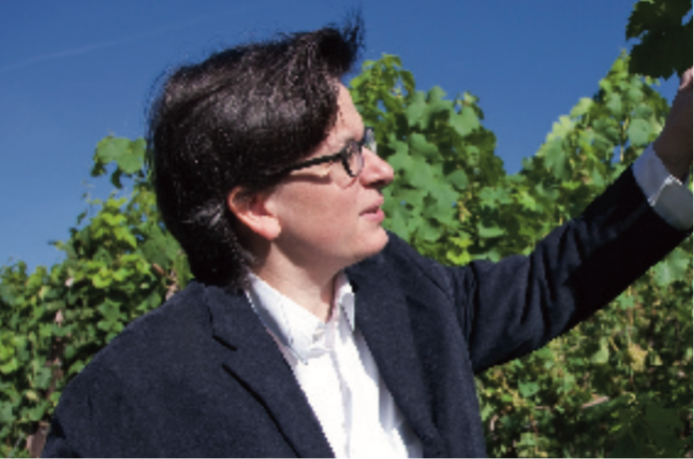Do organic wines have a special taste?
- Sunday 01 November 2009
Chandra's Cooking with Wine
Let's be clear from the start: there is no way to tell the difference between organic and "normal" wines from the taste. Although organic wines only make up a small percentage of overall production, they are getting better than ever and are now widely recognised by consumers.
It is extremely difficult to give a precise definition of organic wine. In fact, everything depends on the wine's country of origin. In the canton of Aargau, a local wine seller by the name of "Weinhandlung am Küferweg", that has sold organic wines for years, has produced a catalogue of criteria defining organic vintages:
- The wine must be exempt from GMOs.
- The grasses and plants that invade plots are not combated. No weed killers are used.
- Organic substances and minerals such as compost and manure are used to naturally fertilise the soil. The use of artificial fertilisers is prohibited.
- Useful insects are not combated. Quite the opposite, their presence is desirable. The use of chemical pesticides is forbidden.
- Mushrooms are combated, not with synthetic fungicides but
- with sulphur, or if needed, a little copper or clay.
- The wines are clarified using natural products (egg white in particular) and with repeated racking.
- Sulphuric acid is only used in minimal doses to preserve the wine.
The growing conditions have a vital impact
Beyond all of these aspects, can we really say that organic wines are different from others? In all honesty I don't think so, even though there are exceptions. There is good and bad quality among both organic and "normal" wines. There are several reasons for these differences in quality. However, I believe that the most important thing is to know what you're drinking, because wines should be savoured differently, depending on what we know about them. The "organic" label mainly tells us about how the grapes are cultivated, an increasingly important factor at a time when more and more vintages are produced using "artificial" methods, although some are still very good. While it's important to take growing conditions into account, buying only organic wines would be one step too far. I would advise you to focus your attention on the wines you enjoy the most. The more different wines you try, the more you will lose interest in standard vintages, industrially produced, in the long term.
Biodynamic cultivation
Organic or ecological wines should not be confused with biodynamically produced vintages. Although they may sound similar, these two approaches reflect quite different realities. The biodynamic method was developed by Rudolf Steiner, an advocate of anthroposophy who wished to promote harmony between mankind, animals, plants, the Earth and other planets. The soil is the main focus of fans of this method, who cultivate their vines based on the phases of the moon. A number of prestigious wine producers have been persuaded by this cosmic and somewhat esoteric approach, such as Marie-Thérèse Chappaz from the Valais region.









